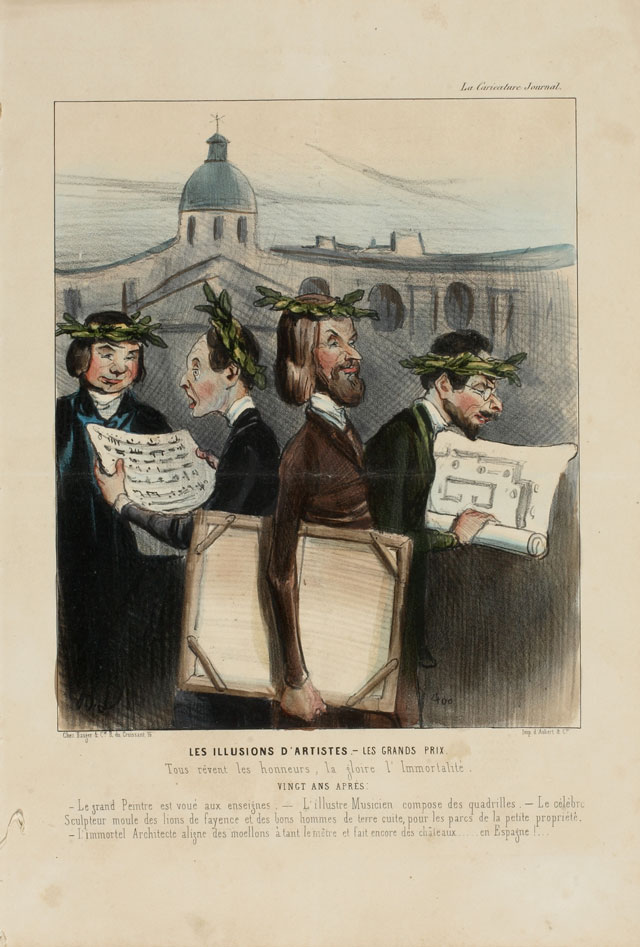10/10/16
Visual Wit and Social Critique. Satire from Goya to
Grosz
Museum der Moderne, Rupertinum, Salzburg
30 July – 20 November 2016
Following the Charlie Hebdo massacre in January 2015,
in which 12 people died when the satirical magazine’s office in Paris was
attacked by terrorists, and, most recently, the killing of Nahed Hattar,
outside a court in Amman where he was being tried for sharing an Isis-themed
cartoon on Facebook, the subject of satire as a means of artistic expression is
more salient than ever. These events have raised the question of just how far
an artist ought to be allowed to go in his exaggeration and mockery of others,
as a means of reflecting and questioning – and sometimes even working through –
controversial issues of the time.

Drawing about 200 works from its own collection, the
Museum der Moderne in Salzburg has, accordingly, decided to put on a thorough
and timely exhibition, exploring this freedom of expression, from the 18th
century to the present day. A roll call of powerful critics –
William Hogarth (1697-1764), Francisco Goya (1746-1828), Honoré Daumier
(1808-79), James Ensor (1860-1949), Otto Dix (1891-1969), George Grosz
(1893-1959) and Ronald Searle (1920-2011), to name but a few – and
publications, the exhibition offers a rip-roaring ride through turbulent events
of politics, religion and gender battles.